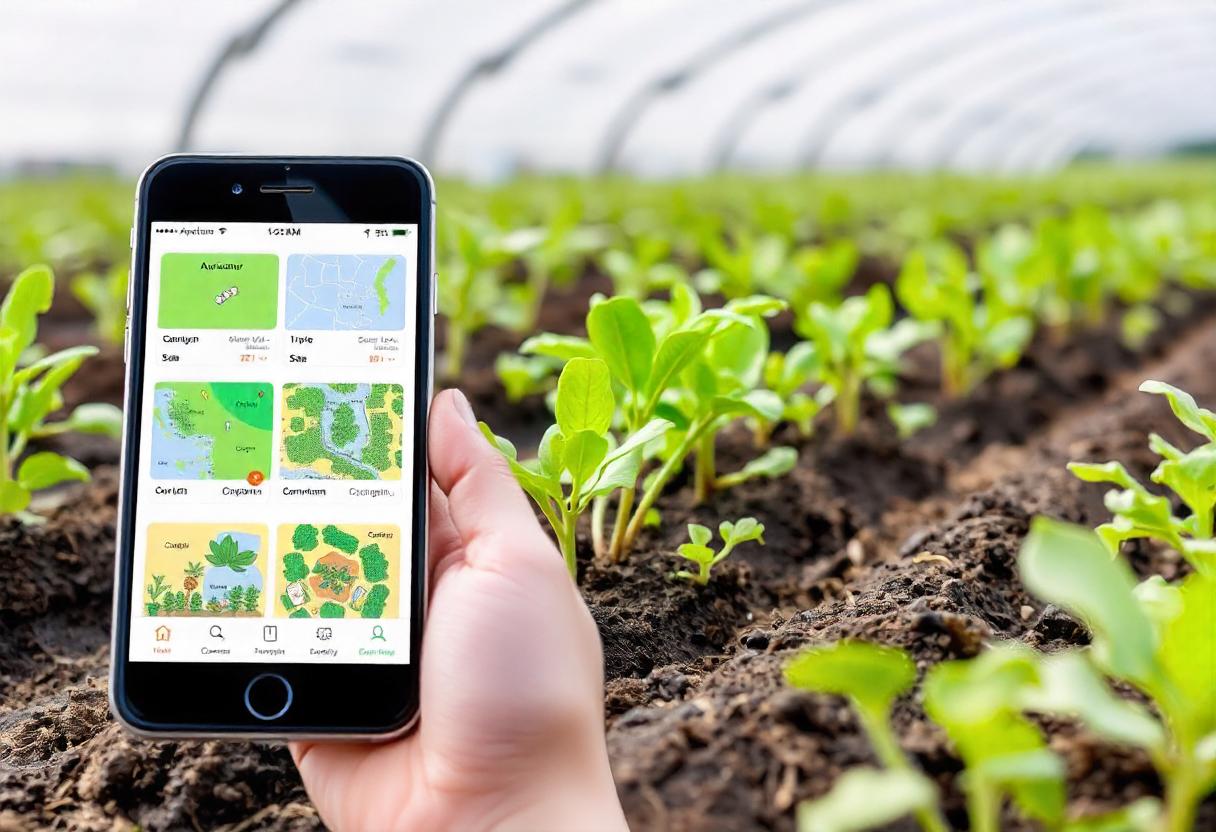
The integration of technology into agriculture has revolutionized how farmers manage their operations. Mobile applications have become one of the most accessible and efficient tools for modern farmers. They offer various functionalities, from weather updates to crop management, helping improve productivity and sustainability.
Farm Management Apps
Farm management apps provide farmers with a centralized platform to track and manage all aspects of their farm. These apps allow users to monitor crop growth, schedule irrigation, track machinery usage, and manage financial records. Some apps even use satellite data to give farmers insights into soil health and pest management. With all farm operations in one place, farmers can make data-driven decisions that enhance efficiency and reduce waste.
Weather Forecasting Apps
Weather plays a crucial role in farming, and accurate forecasting can help farmers plan their activities more effectively. Weather forecasting apps provide real-time updates, allowing farmers to prepare for rain, drought, or storms. These apps often come with detailed maps and notifications that alert farmers of any sudden weather changes, ensuring they can take preventive measures to protect their crops.
Market Information Apps
Market information apps connect farmers to current market prices for various agricultural commodities. These apps provide information on demand and supply trends, helping farmers make informed decisions about when and where to sell their produce. Some apps also facilitate direct sales between farmers and buyers, cutting out intermediaries and increasing profits.
Pest and Disease Identification Apps
Pest and disease outbreaks can significantly reduce crop yields if not managed in time. Pest and disease identification apps allow farmers to capture images of affected crops and receive instant diagnoses. These apps often provide recommended treatment options, helping farmers take immediate action to prevent further damage.
Precision Agriculture Apps
Precision agriculture apps leverage data analytics and GPS technology to optimize farming practices. These apps help farmers understand the specific needs of their fields, such as soil composition and nutrient levels. By using such information, farmers can apply the right amount of fertilizers, water, and pesticides, reducing costs and environmental impact.
Livestock Management Apps
For farmers involved in animal husbandry, livestock management apps offer an efficient way to monitor the health and productivity of their animals. These apps track feeding schedules, vaccination records, breeding cycles, and milk production. Farmers can access data on individual animals or entire herds, ensuring better management of livestock health and welfare.
Supply Chain Management Apps
Supply chain management apps are designed to streamline the distribution of agricultural products. They help farmers track the journey of their produce from the farm to the market. These apps provide real-time updates on transportation logistics, allowing farmers to ensure that their goods reach their destination on time and in optimal condition. Some apps also allow traceability, enabling consumers to verify the origin and quality of the products they purchase.
Mobile Apps for Sustainable Farming
Many mobile applications focus on promoting sustainable farming practices. These apps educate farmers on soil conservation, water management, and crop rotation techniques. By providing access to sustainable farming resources, these apps help farmers reduce their environmental footprint while maintaining productivity.